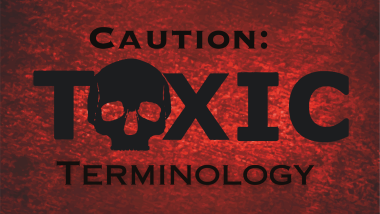‘Toxic masculinity’ is toxic terminology — The Centre for Male Psychology ( www.centreformalepsychology.com )
As I psychologist, I’m concerned about mental health, especially the mental health of men and boys because it’s been overlooked for so long. Because there was so little interest in how much the negative discourse around masculinity impacts boys, my colleagues and I ran a survey. We found that around 85% of respondents thought the term ‘toxic masculinity’ is insulting, and probably harmful to boys.
My latest research has just been published. It assessed the views of over 4000 men in the UK and Germany, and found that thinking masculinity is bad for your behaviour is linked to having worse mental wellbeing. [... And] positive views of masculinity are linked to better mental wellbeing.
This is why we oppose the usage of the term toxic masculinity and any negative generalizations of men as a gender.
